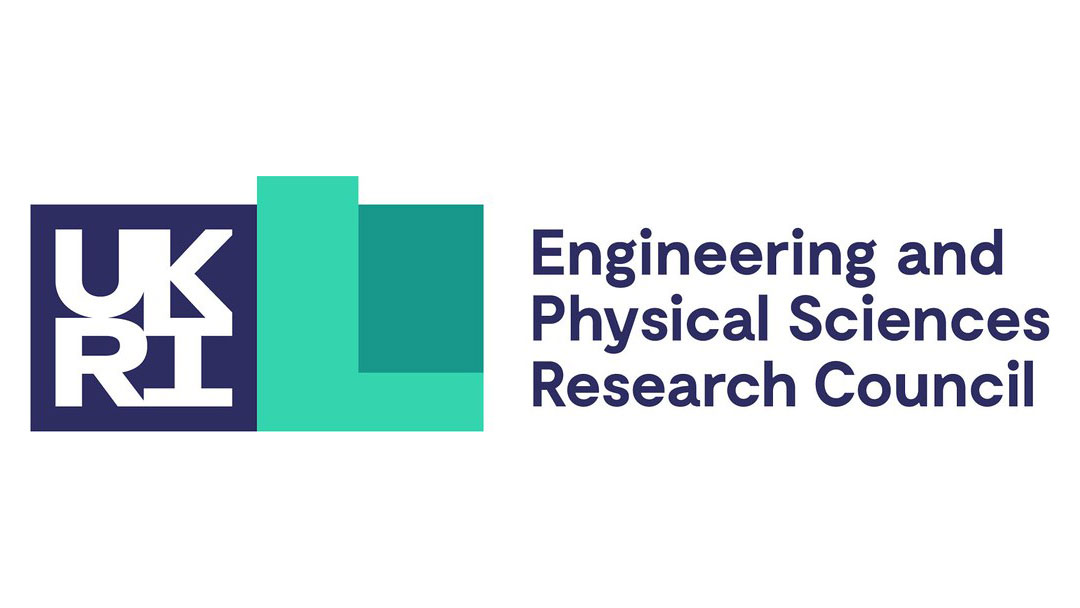Full project title:
Advancing machine learning to achieve real-world early detection and personalised disease outcome prediction of inflammatory arthritis
Overview
Over 20 million people in the UK live with rheumatic and musculoskeletal diseases (RMD), and inflammatory arthritis (IA) is a major subdivision of RMD causing joint inflammation leading to damage. IA causes long-term pain, disability and incurs substantial personal and societal costs. There is also an estimated 59% increase in diagnosed IA cases between 2004 and 2020 in the UK which has important implications for health services. Rheumatology departments accounted for approximately 9% of the average NHS trusts total medication spend in 2019/2020. There are still significant unmet needs in the IA patient pathway, especially in IA detection and flare management. IA presents with non-specific symptoms and there is currently no diagnostically definitive single biomarker for IA. Early detection is critical but challenging, and delay in detection and late referral often result in loss of the window of opportunity when effective treatment should start and delays can lead to disability and associated unemployment. For patients who are diagnosed with IA, IA outcomes and activities such as flare-up are very heterogeneous in their manifestations between individual patients. Real-world data from The National Early Inflammatory Arthritis Audit showed inequality in care for rheumatology patients from minority ethnic groups. A lower proportion of ethnic minority patients achieved disease remission compared to white patients. Finally, weather is another contributing factor of IA flare heterogeneity.
Despite significant unmet needs, RMD, especially IA, is still an underexplored area of real-world ML application in comparison with other diseases. Existing ML studies do not fit for purpose of early detection in practice as they are not trained based on the data available at the point of early detection. Furthermore, although there are studies showing potential determinants of IA, there is no research, or any machine learning methods that can identify the undetected determinants-combination that can offer a useful level of prediction of IA. This is because current ML approaches still cannot handle the underlying relationships among heterogenous datasets with different data types, modalities, contexts, cohorts and levels of incompleteness. On the other hand, existing ML methods in IA, and healthcare in general, still rely on a “one-size-fits-all” paradigm rendering generic learning algorithms, suboptimal on the individual level especially as IA is known to be heterogenous in nature from the time of diagnosis. Although there are methods for explainable ML local, there is limited research to quantify and explain model prediction uncertainty and its usability in practice. For a physician to use and trust ML predictions it is critical to understand the uncertainty associated with these predictions for the individual patient. Although successful translation requires bringing together expertise and stakeholders from many disciplines, the development of ML solutions is currently occurring in silos, and there is a lack of holistic and scalable ML development pipeline. Despite all the limitations of current ML, there are huge opportunities to advance ML, especially in rheumatology applications, because rheumatology has already been leading the way in the use of virtual clinics and remote monitoring in the UK. It is now time to advance ML using data generated for real early detection and personalised management of IA.
This project will develop useful and responsible machine learning methods to achieve real-world early detection and personalised disease outcome prediction of inflammatory arthritis. We will develop a holistic and scalable approach through an interdisciplinary team addressing the pressing healthcare challenges of inflammatory arthritis and the limitations of machine learning to accelerate real-world ML application in healthcare.





